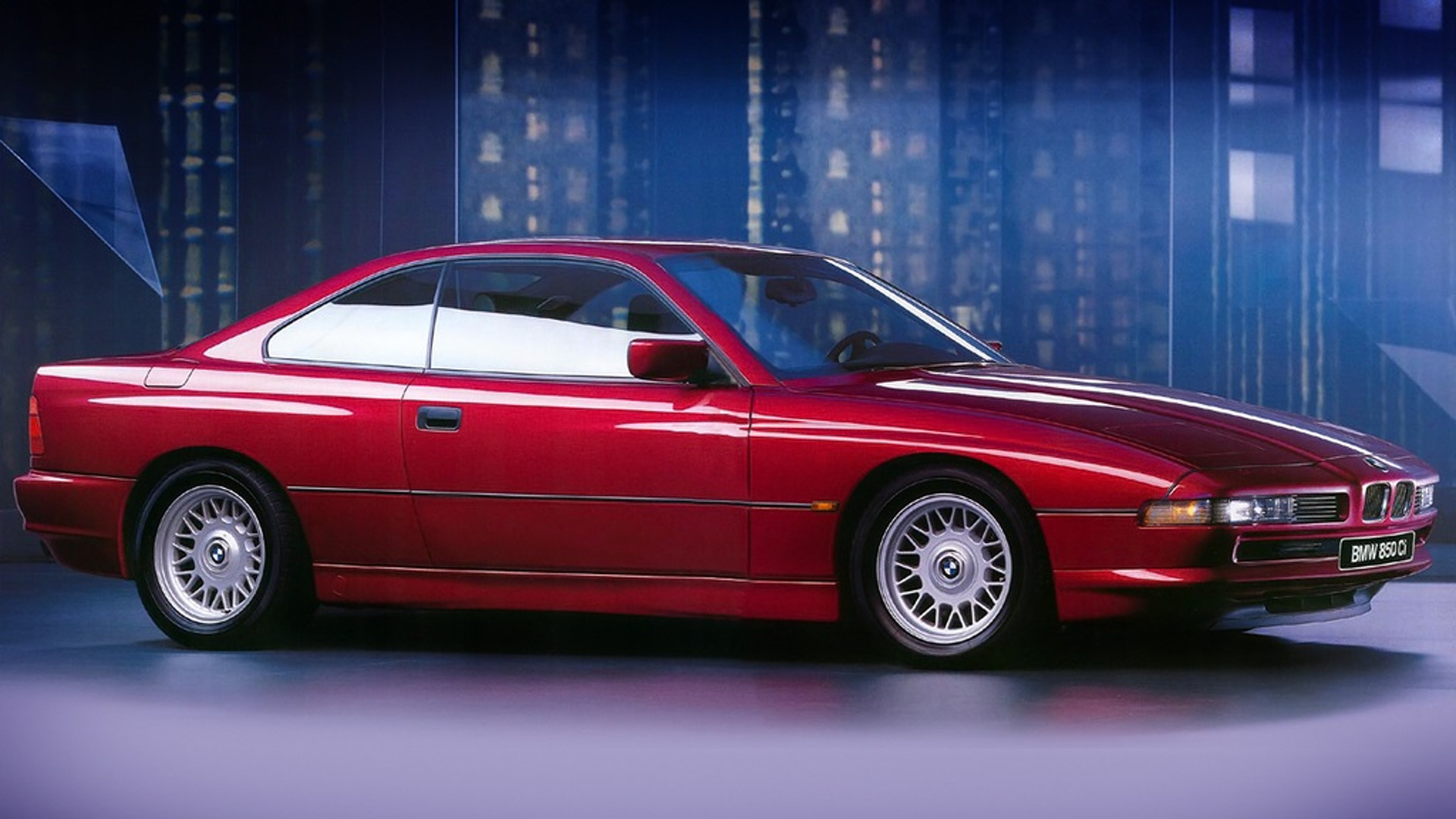The Original BMW 8 Series Was A Computer-Designed V12 Piece Of Art

[ad_1]
The original BMW 8 Series graced the automotive stage in 1989, showcasing cutting-edge design and groundbreaking features. Despite its remarkable attributes, however, the grand tourer faced challenges in the market and didn’t receive the attention it deserved.
Welcome to Timeless European Treasures, our weekly look back at cars from the European market that defined a motoring generation.
Why Do We Love It?
The BMW 8 Series earned admiration for its substantial performance improvements over the original 6 Series. With a drag coefficient of just Cd=0.29 (versus 0.39 for the 6 Series), a V12 engine paired with a six-speed manual transmission, and pioneering electronic drive-by-wire throttle technology, it set new standards in the segment. The unibody design, lighter than its predecessor thanks to CAD modeling, contributed to a unique driving experience. Enthusiasts appreciate its luxurious features and groundbreaking engineering that signaled a new era for BMW.
When Was The Car Launched?
Development of the BMW 8 Series began in July 1981, and the final design was completed in 1986. The 8 Series was one of the first BMWs to be designed, at least partially, using CAD drawings, followed by tests in the wind tunnel. However, the launch was delayed to accommodate the strong sales of the 6 Series, which was considered the indirect predecessor of the 8 Series. The grand debut finally took place at the Frankfurt Motor Show in September 1989.
What Engines Did It Have?
The 8 Series marked a significant milestone as it offered the first V12 engine mated to a six-speed manual transmission in a road car. The engine range also included 4.0- and 4.4-liter V8 mills. There were three iterations of the V12 offered throughout 8 Series production, with displacements of 5.0, 5.4, and 5.6 liters.
Did It Sell Well?
Unfortunately, sales of the original 8 Series were influenced by a confluence of economic factors. The global recession of the early 1990s, the Persian Gulf War, and spikes in energy prices collectively impacted the luxury car market. In North America, BMW discontinued the 8 Series in 1997, having sold just 6,920 cars. However, production continued for other markets until 1999, with a total of 30,609 units sold worldwide. Low sales meant ambitious plans for a high-performance M8 variant were shelved in 1991.
BMW Even Made A M8 Prototype
One of the wildest ideas BMW had in the 1990s was the development of the M8 as a Ferrari competitor. Equipped with a specialized version of the S70 engine, its modifications included a displacement increase to 6064cc, dual overhead camshafts for each cylinder bank, individual throttle bodies with roller valves, four valves per cylinder, carbon fiber intake manifolds, and continuously variable valve timing. Envisioned to reach a staggering top speed of 198 mph, the M8 was anticipated to unleash a power output of 640 horsepower and 479 pound-feet of torque, making it even more powerful than today’s M8 Competition.
Additional modifications encompassed bodywork alterations such as a new front bumper, redesigned wing mirrors, more flared wheel arches, and a vent in the hood. With a keen focus on weight reduction, elements of the car were constructed from glass-reinforced plastic, including the hood, doors, and boot lid. The car’s kerb weight was reduced to less than 3,200 pounds through the use of carbon fiber wheels and the removal of rear seats. Windows made of Lexan and the relocation of the oil reservoir to the trunk further contributed to the weight-saving measures.
Regrettably, the ambitious M8 project met its demise due to BMW’s perception of a lack of market demand amid the economic recession of the 1990s. The sole prototype, reportedly deemed unsuitable for regular road usage, was stored away in BMW’s Giftschrank.
Source link




